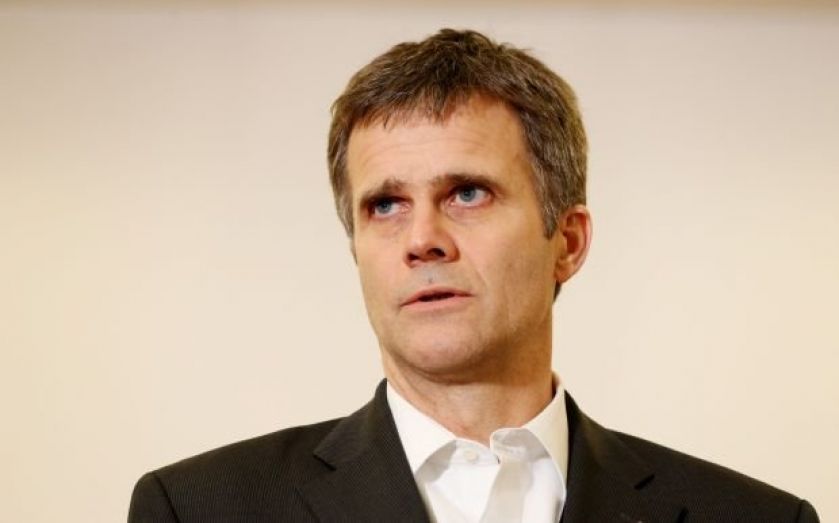| Updated:
Oil giant BG Group backs down over new chief Helge Lund’s pay pack

Pressure from shareholders has forced oil firm BG Group to revise its remuneration package for incoming chief executive Helge Lund and reduce his share award from £10m to £4.7m.
The company stated that a “significant number” of shareholders had questioned the structure of the original proposed pay package, in particular asking whether it was appropriate to go outside the remuneration policy approved by shareholders earlier this year.
Lund was initially offered a conditional share award, which does not fall within BG’s existing policy. The company said it welcomed “the active and constructive role played by Lund in revising the remuneration package”.
The firm faced shareholder anger over the pay package last week, with Legal & General Investment Management (LGIM), one of BG’s top 10 shareholders, revealing that it was unhappy with the plans.
Yesterday, Sacha Sadan, director of corporate governance at LGIM, commented: “We are encouraged to see BG responding positively to shareholders concerns. As long-term engaged investors we look forward to the new CEO joining and creating shareholder value for all.”
And Simon Walker, director general of the Institute of Directors, said the organisation welcomed the revisions to the proposed payment.
He added: “While substantial, the total remuneration is reduced and now falls within proper limits for a company of BG’s size and international importance. We continue to welcome Helge Lund’s appointment and wish him and BG well in the challenges they face.”
BG’s shares were up by 0.63 per cent yesterday.

LGIM’s Sacha Sadan, who was against BG’s original proposed remuneration plan
SHAREHOLDER REVOLTS FROM THE RECENT PAST
■ BURBERRY faced a revolt over pay in July 2014, with 52.7 per cent of investors voting against the firm’s remuneration report which would have seen new chief executive Christopher Bailey take home £10.3m per year in salary, pension, variable bonuses and long-term awards.
■ In April 2014, ASTRAZENECA found that 40 per cent of shareholders who voted would not back the remuneration report, while 31 per cent would not support the pay plan for the next three years and 43 per cent did not back the re-election of non-executive director Jean-Philippe Courtois.
■ BARCLAYS faced fierce criticism, also in April 2014, from investors when it was revealed that 481 of its bankers were paid more than £1m in 2013. One third of shareholders failed to support the bank’s remuneration report, which showed that bonuses rose by 10 per cent despite a 32 per cent fall in profits.
■ In May 2013, insurer AVIVA was shaken by a shareholder revolt, with 54 per cent of investors voting against the company’s remuneration report. Chief executive Andrew Moss stood down just five days later.
■ Shareholders at CITIGROUP refused to back a $15m (£9.5m) payout for chief executive Vikram Pandit in 2012. The pay packages of four other executives were also voted down.
■ SHELL was forced to freeze executive pay and shake up its bonus policy in 2009 after almost 60 per cent of shareholders voted against plans to pay bonuses to members of the board despite the company failing to meet certain targets.
■ In 2009 almost 38 per cent of voters failed to back CABLE & WIRELESS’ pay policy, which would see chief executive John Pluthero pocket up to £11m.
PROFILE: SACHA SADAN
Former fund manager Sacha Sadan has been director of corporate governance at Legal & General Investment Management (LGIM) since 2011. Before that he was senior UK equity manager at Gartmore, and previously held the same title at Universities Superannuation Scheme.
The West Ham United fan is well-known as being outspoken on all things corporate governance, with a particular focus on executive pay. In 2012, LGIM voted against 126 remuneration policies and 22 remuneration committee chairmen, and earlier this year, Sadan told City A.M.: “We want to see that pay is linked to the performance of the company and that executive pay is more aligned to the long term.”